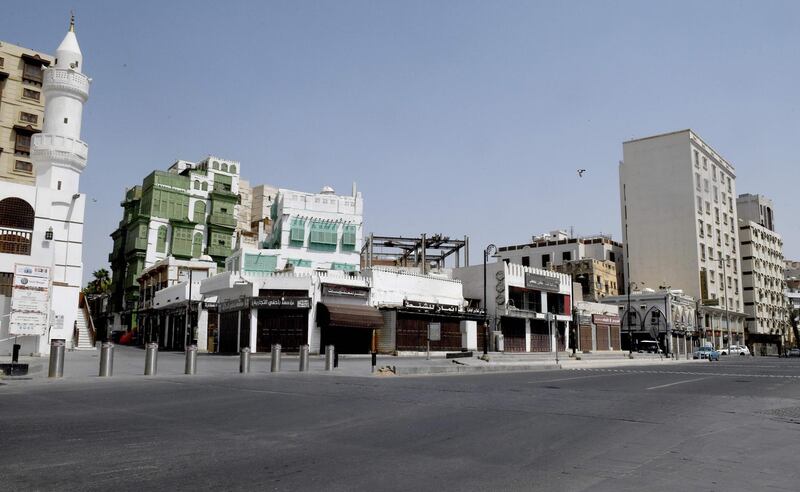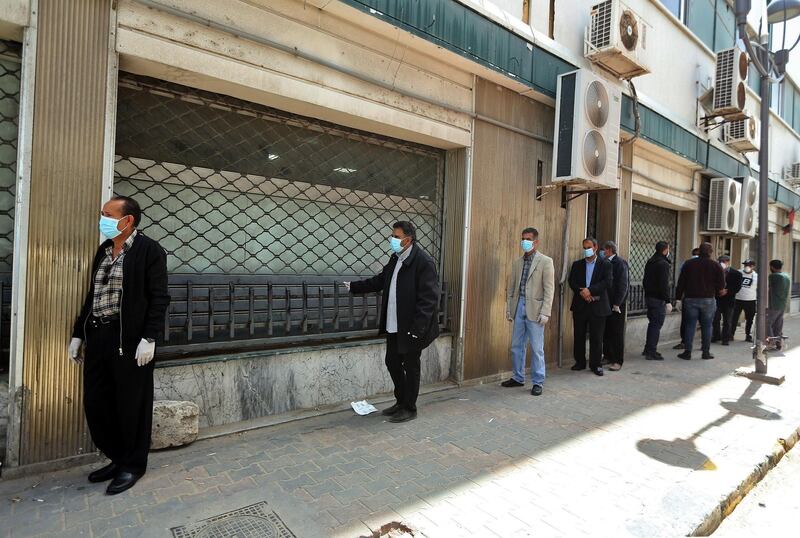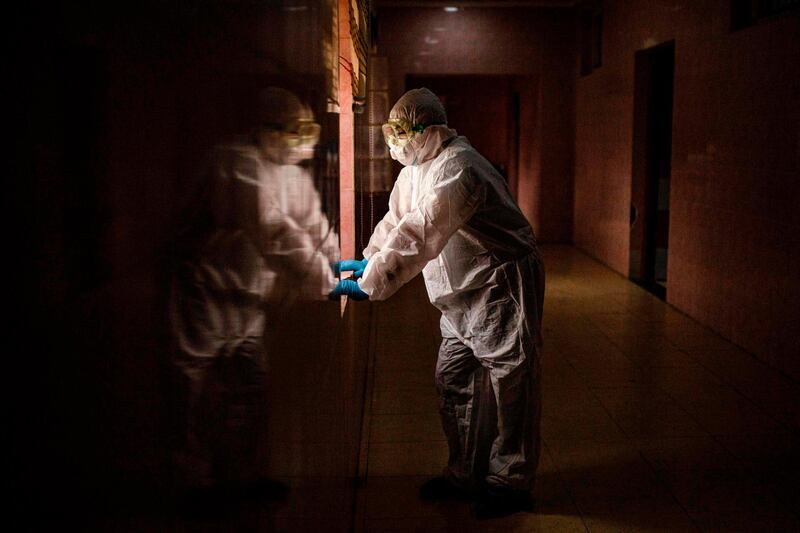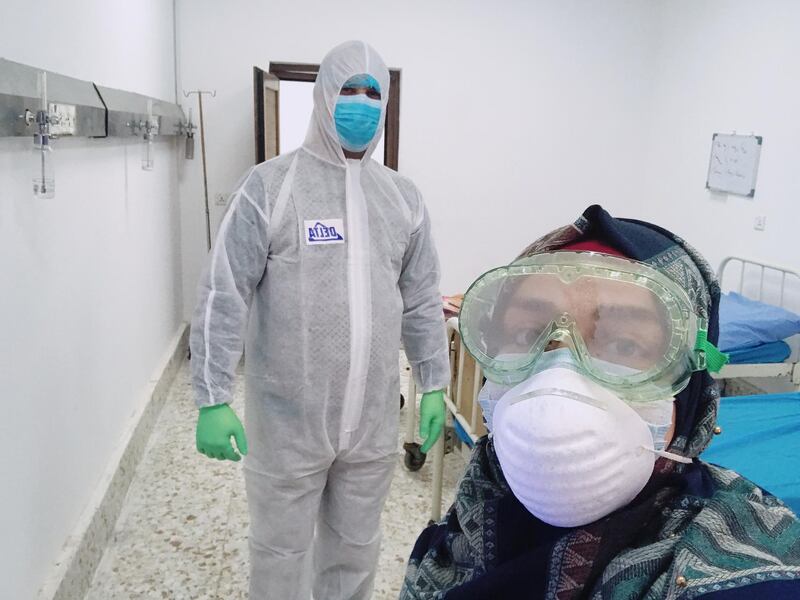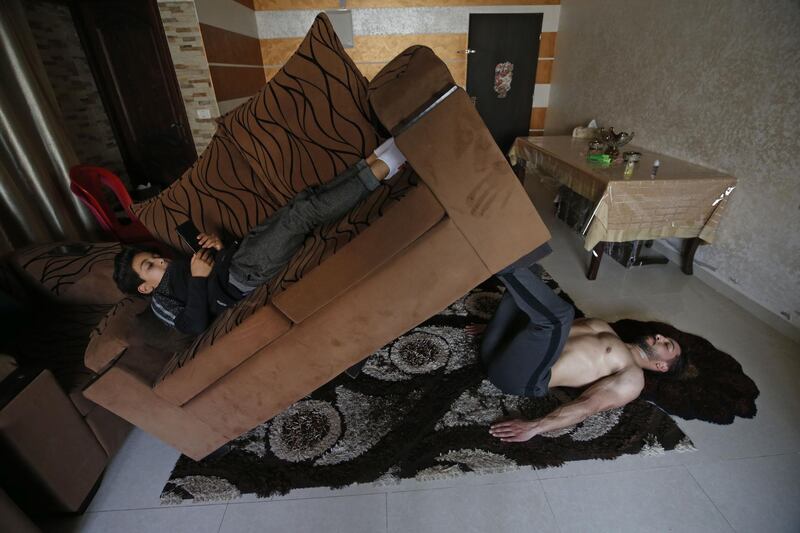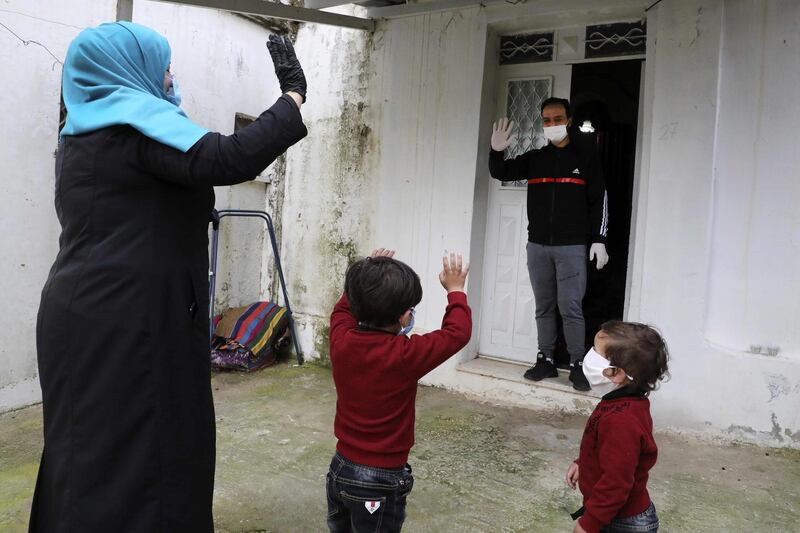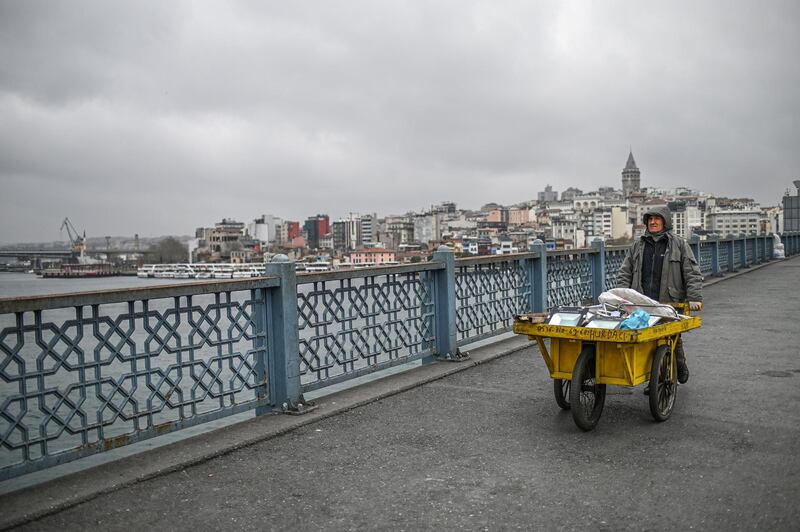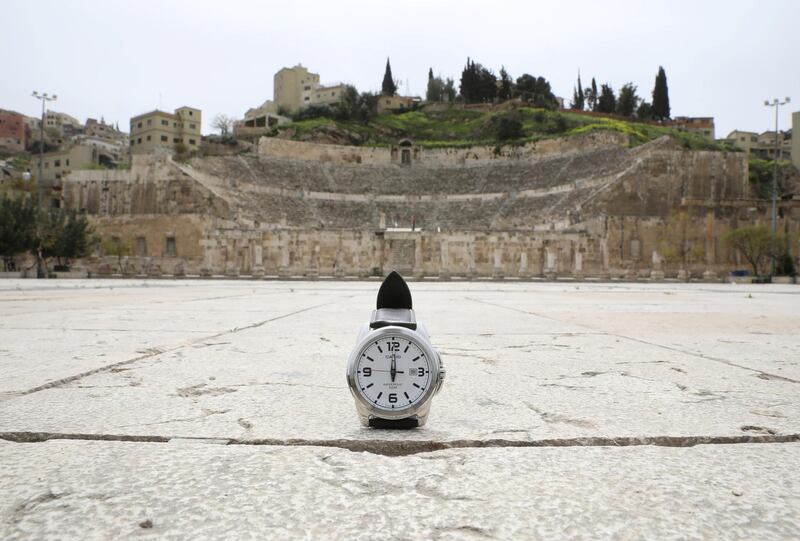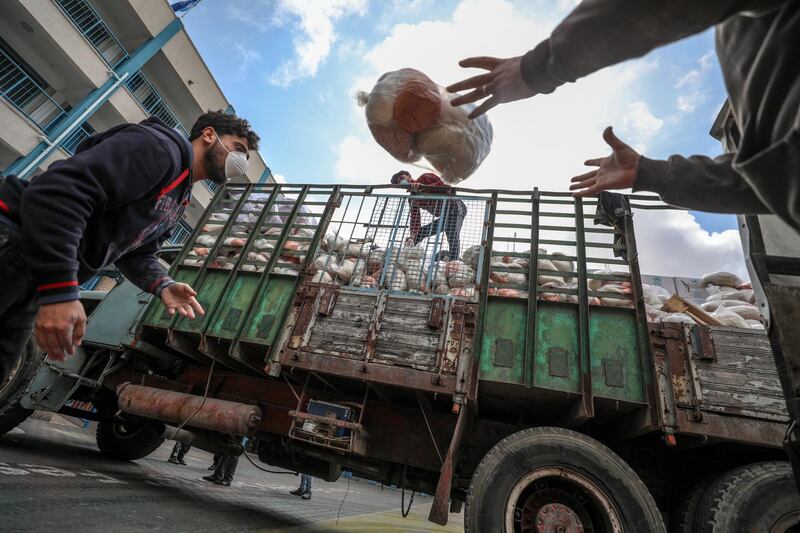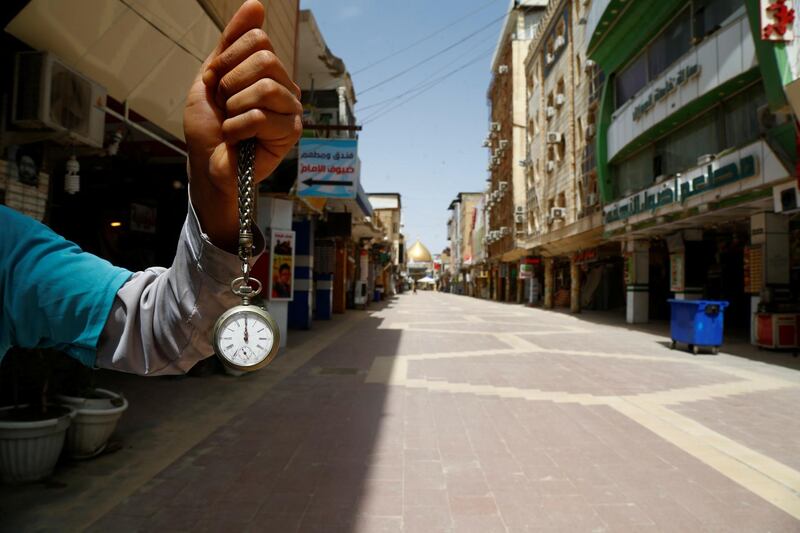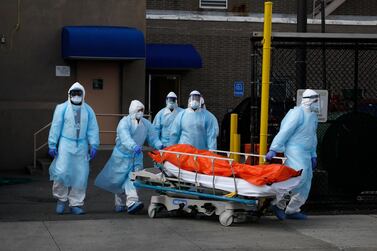The world's last major coronavirus outbreak, in 2012, began in Saudi Arabia, where uncertainty led the Middle East Respiratory Syndrome to kill several hundred people and spread across the region.
This time, the kingdom was better prepared, public health officials say.
Its experience of Mers meant hospitals had already established separate triage units for respiratory illnesses, with specialised ventilation to protect medics from infection.
At least two hospitals also had drive-through testing in place, which the US is rushing to bring in.
And seven weeks before the first domestic case, Saudi authorities developed guidelines to deal with the new virus.
"Their experience with Mers uniquely positioned them because they learnt a lot from that," said Joanna Gaines from the US Centres for Disease Control and Prevention.
"They know it's Mers season and they're already cued up for that. The preparation and processes really cuts down on your exposure right away."
Saudi Arabia and neighbouring Kuwait took drastic measures early on to contain the new pandemic, halting air travel, imposing curfews, and quarantining and testing thousands of people.
Saudi Arabia has reported 1,453 infections and eight deaths while Kuwait recorded no fatalities among 266 cases. Initial outbreaks in both countries were linked to foreign travel.
It is still too early to tell whether those efforts have contained the disease, but the health officials said authorities are doing the best they can by severing the transmission chain.
The World Health Organisation said Saudi Arabia's "whole of government" approach benefited from the Mers experience and "unique expertise" in emergency preparedness from managing the Hajj pilgrimage, the world's largest annual gathering of Muslims.
Riyadh is trying to replicate the kingdom's Hajj co-ordination in its fight against the coronavirus through the Saudi Centre for Disease Prevention and Control, conceived in 2013 but not fully operational until 2018.
"It is a co-ordination oversight centre that gave more maturity to public health services in the country," senior Saudi epidemiologist Sami Almudarra said.
Kuwait also has experience with national health emergencies, from the oilwell fires after the 1990 Iraqi invasion to fears of biological and chemical warfare during the 2003 US invasion of Iraq.
It took precautionary measures soon after reporting its first case on February 24, a week before Saudi Arabia.
The luxury Khiran resort and five-star Al Kout Beach Hotel have become quarantine centres and the international fairgrounds are being used for testing and as a field hospital.
Kuwait's Parliament was initially critical of the government response but has since praised the government of Prime Minister Sheikh Sabah bin Khalid, facing his first crisis as premier.
"Continuous parliamentary pressure made government institutions feel they must perform," said Nada Al Mutawa, management professor at the Australian College of Kuwait.
